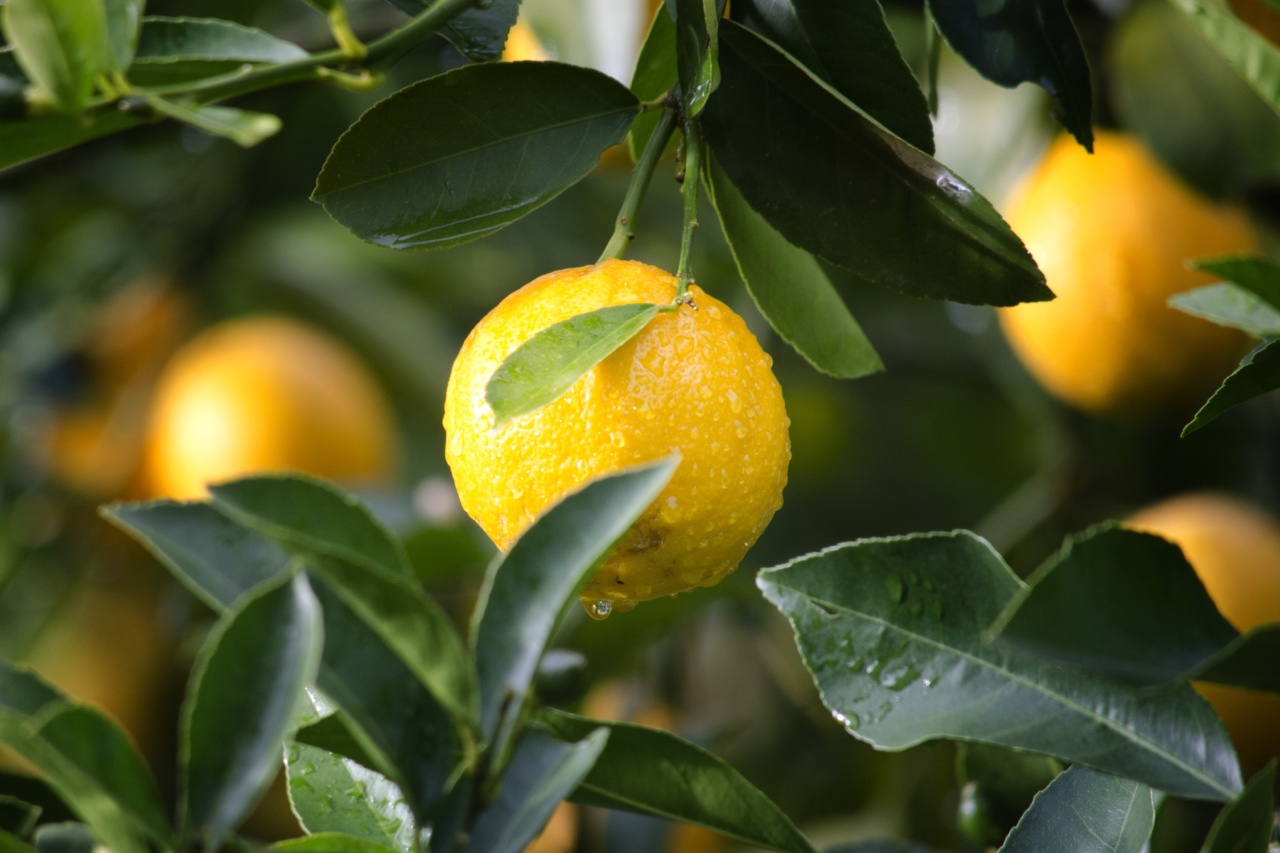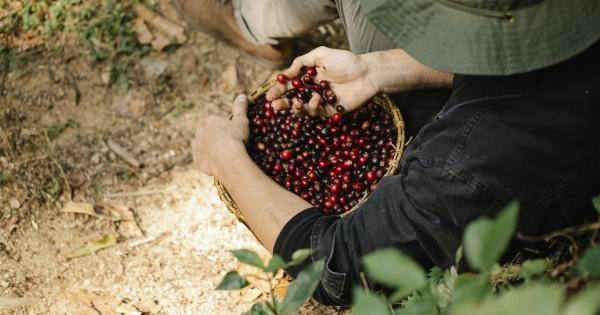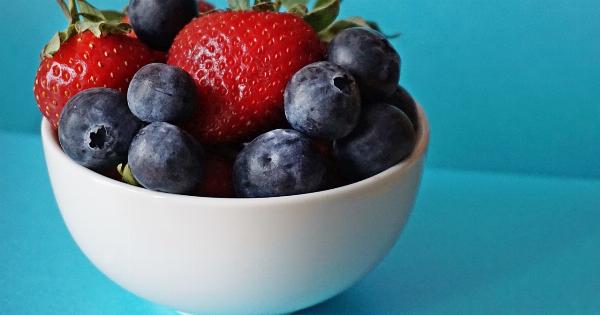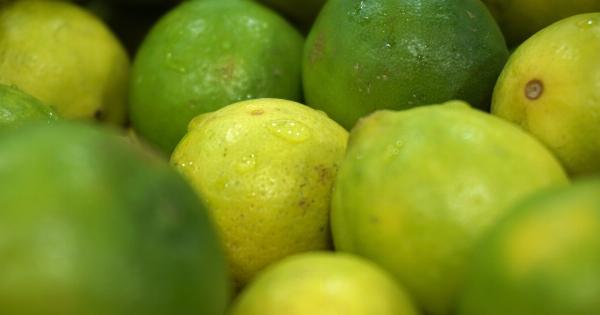Summer is a season that brings warmth, joy, and an abundance of delicious food. Whether it’s barbecues, outdoor picnics, or refreshing fruits, summer food is often associated with fun and relaxation.
However, just like any other perishable item, summer food also has an expiration date. In this article, we will explore various popular summer foods and discuss when they typically expire. Understanding the shelf life of summer food can help ensure that you and your loved ones enjoy safe and delectable treats throughout the season.
Fruits
Fruits are an integral part of summer, packed with essential vitamins, minerals, and refreshing flavors. However, different fruits have varying shelf lives. Here are some popular summer fruits and how long they typically last:.
Berries
Berries such as strawberries, blueberries, raspberries, and blackberries are a summer favorite. When properly stored in the refrigerator, fresh berries can last for about 3-7 days.
However, it’s crucial to remove any spoiled or moldy berries to prevent the spread of mold and spoilage.
Watermelon
Watermelon, with its juicy content, is synonymous with summer. A whole, uncut watermelon usually lasts for about 7-10 days outside the refrigerator. However, once you cut it, the exposed flesh needs to be refrigerated and consumed within 3-4 days.
Citrus Fruits
Lemons, limes, oranges, and grapefruits are popular summer citrus fruits. These fruits have a longer shelf life compared to other fruits, lasting for about 2-4 weeks when refrigerated.
However, it’s best to consume them sooner to enjoy their full flavors.
Vegetables
Summer vegetables are not only nutritious but also versatile for creating various summer dishes. Here are some common summer vegetables and their typical expiration periods:.
Leafy Greens
Leafy greens like lettuce, spinach, and kale are staples of summer salads. When refrigerated, these greens can last for about 5-7 days.
However, it’s essential to store them properly, wash them thoroughly before consumption, and discard any wilted or slimy leaves.
Cucumbers
Crisp and refreshing, cucumbers are popular in salads and refreshing beverages. Whole cucumbers can last for about 1-2 weeks when stored in the refrigerator.
However, once they’re sliced, they should be consumed within a few days as they tend to lose their crunchiness quickly.
Tomatoes
Tomatoes are a summer favorite, adding sweetness and vibrancy to meals. When kept at room temperature, ripe tomatoes can last for about 3-5 days.
However, if you have extra ripe tomatoes, it’s best to refrigerate them to extend their shelf life for a few more days.
Other Summer Foods
In addition to fruits and vegetables, summer is also a time for enjoying various other foods that are synonymous with the season. Let’s discuss some of them:.
Ice Cream
Ice cream is a classic summer treat, loved by people of all ages. When stored in a freezer at the recommended temperature, unopened ice cream tubs can last for several months.
However, once the container is opened, it’s best to consume the ice cream within a few weeks for optimal taste and texture.
Barbecue Meats
Barbecues are a summer tradition, featuring a variety of grilled meats. The shelf life of barbecue meats depends on factors such as how they are stored and whether they are cooked or raw:.
Raw Meats
Raw meats, such as chicken, beef, or fish, should be consumed well before their expiration dates when stored in the refrigerator. It is recommended to cook them within 1-2 days of purchase to ensure food safety.
Cooked Meats
Cooked meats, like hamburgers or grilled chicken, should be consumed within 3-4 days if refrigerated promptly. To prolong their shelf life, properly store cooked meats in airtight containers and reheat them thoroughly before consuming.
Conclusion
As summer brings an array of tempting and refreshing foods, it’s important to be aware of their expiration dates.
By understanding when summer foods expire, you can ensure that you and your loved ones enjoy safe and delicious meals throughout the season. Remember to store foods properly, discard any spoiled items, and prioritize food safety in order to make the most of summer’s culinary delights.




















